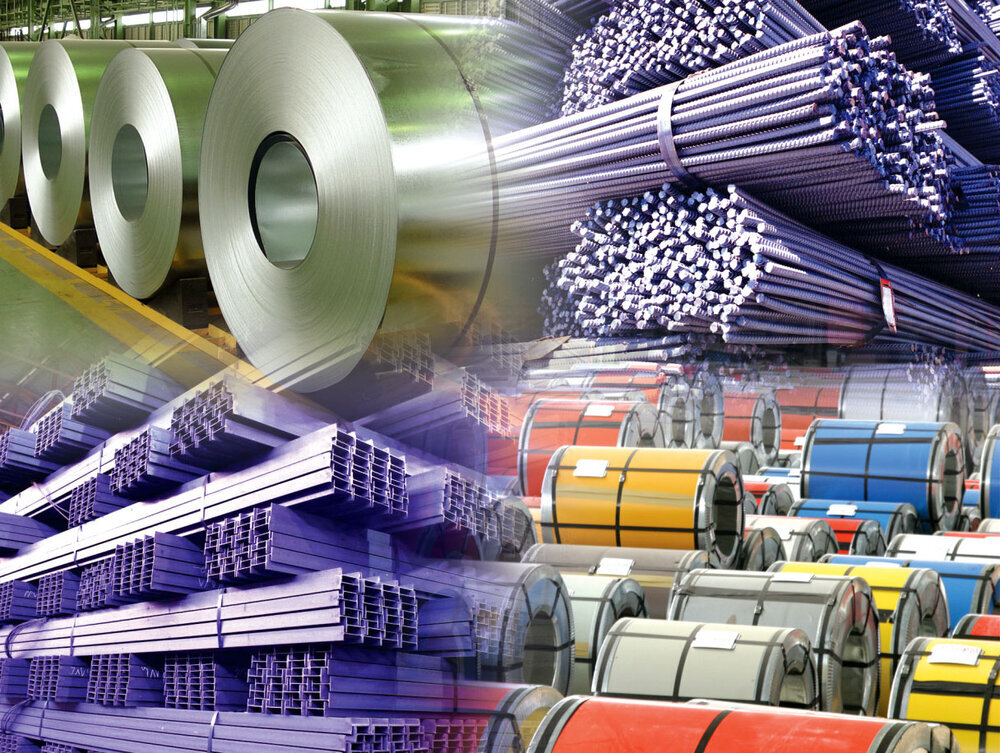Collaboration among steelmakers and industry stakeholders will be key to accelerating the energy transition away from fossil fuels, was the conclusion of panellists at Wednesday’s Hydrogen Iron & Steel Making Forum in Stockholm.
ArcelorMittal chief technical officer Pinakin Chaubal pointed out that steelmakers have spent years trying to differentiate from each other, whereas now the focus must be on working together. Governments must also step up to accelerate the transition.
Salzgitter head of technology development direct reduction Peter Juchmann observed at the event monitored by Kallanish: “All our customers believe in green steel”. Producers must work together to overcome regulatory issues in Europe, he added.
Thyssenkrupp steel head of sustainable steel production Frank Ahrenhold emphasised: “Hydrogen needs to become a commodity.” He added, in reference to the Hybrit project: “It cannot be that you can only produce hydrogen in the Arctic Circle where everything [conditions] is perfect.”
The scale of thinking must be global, Ahrenhold said, pointing out the fact India is still building blast furnaces, which have a long lifespan. There is much talk of banning scrap exports from the EU, but this creates the question over what then happens to carbon emissions elsewhere, he added.
Tata Steel Europe project manager Tim Peeters said by collaborating on technology, steelmakers can dispense with the need for time-consuming pilot projects by sharing what they know as a community. While the blast furnace took two centuries to be perfected, time to decarbonise is of the essence. The energy transition must be done within a decade, he observed.
Panel moderator and wordsteel director sustainable manufacturing Andrew Purvis said first movers are “key”. “We need to learn from them and share experiences in a way that respects intellectual property,” he added.
Earlier in the day, Lord Adair Turner, chairperson of the Energy Transitions Commission, said a hydrogen revolution is coming, which will see green hydrogen demand surge from 2-3 million tonnes/year to 500m t/y. This will therefore create a surge in electrolysers production and a collapse in their cost.
Hydrogen will transform how steel is made but also where it is made, Turner continued. Iron and steel will not have to be produced in the same places as traditionally. Iron production can be moved to where wind, solar and therefore hydrogen are cheapest.
Turner also pointed out that, compared to estimates before the Ukraine war, carbon emissions reduction is likely to happen faster, as the war has increased the awareness of industry of the volatility and cost of using fossil fuels.
Adam Smith Poland






